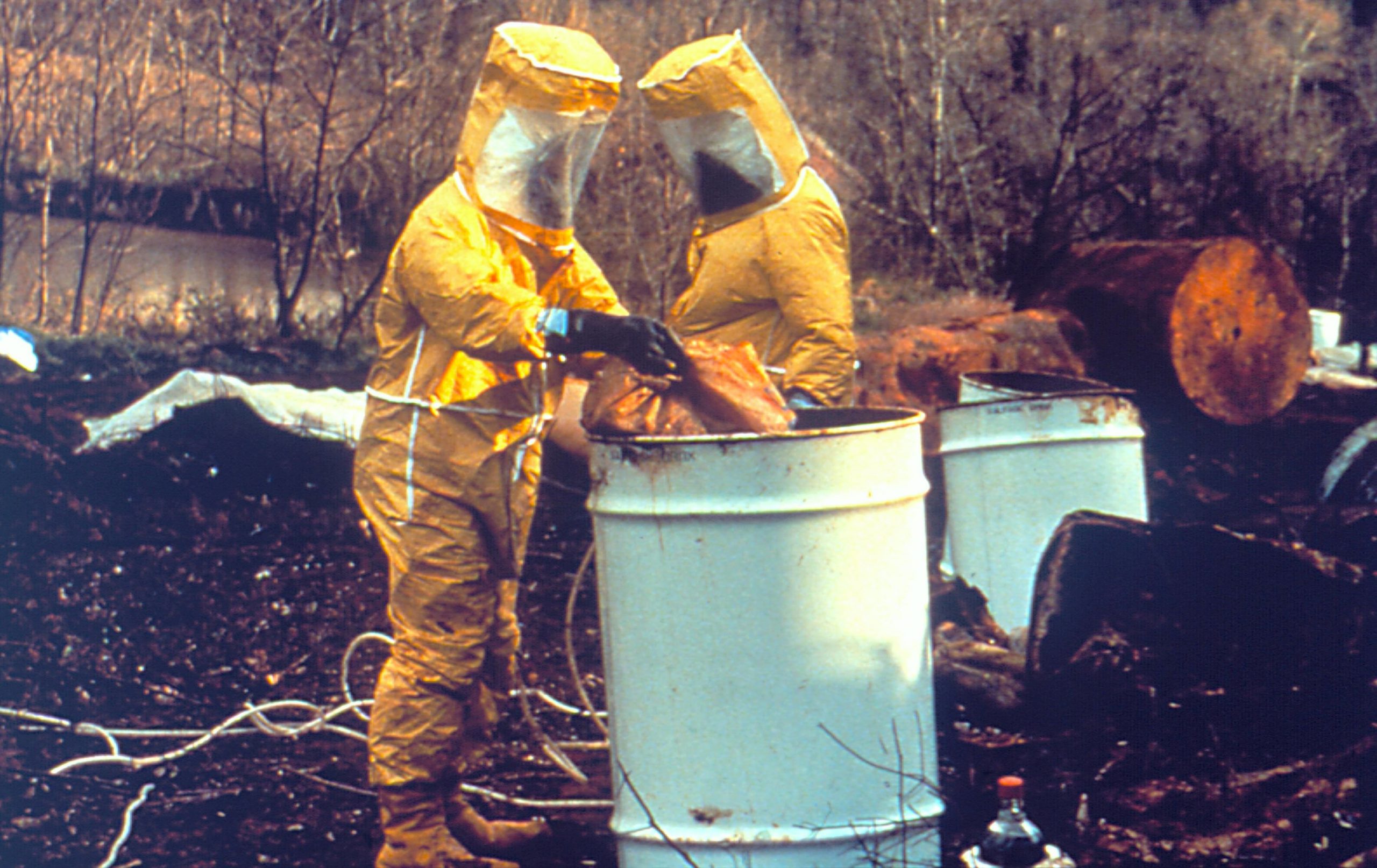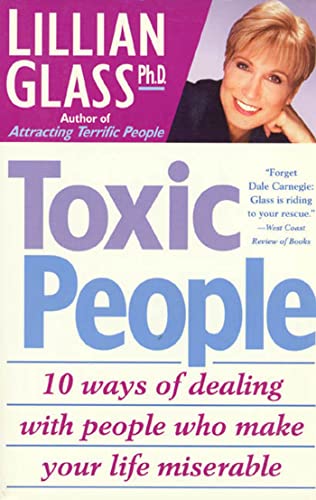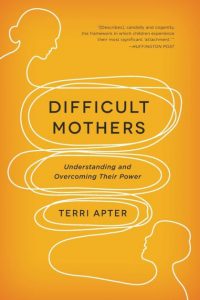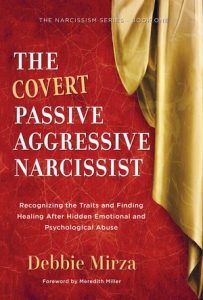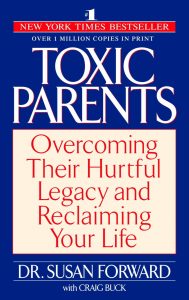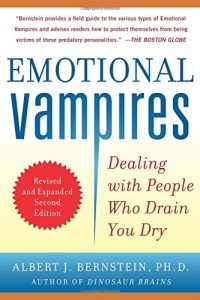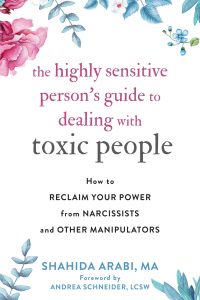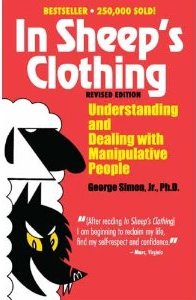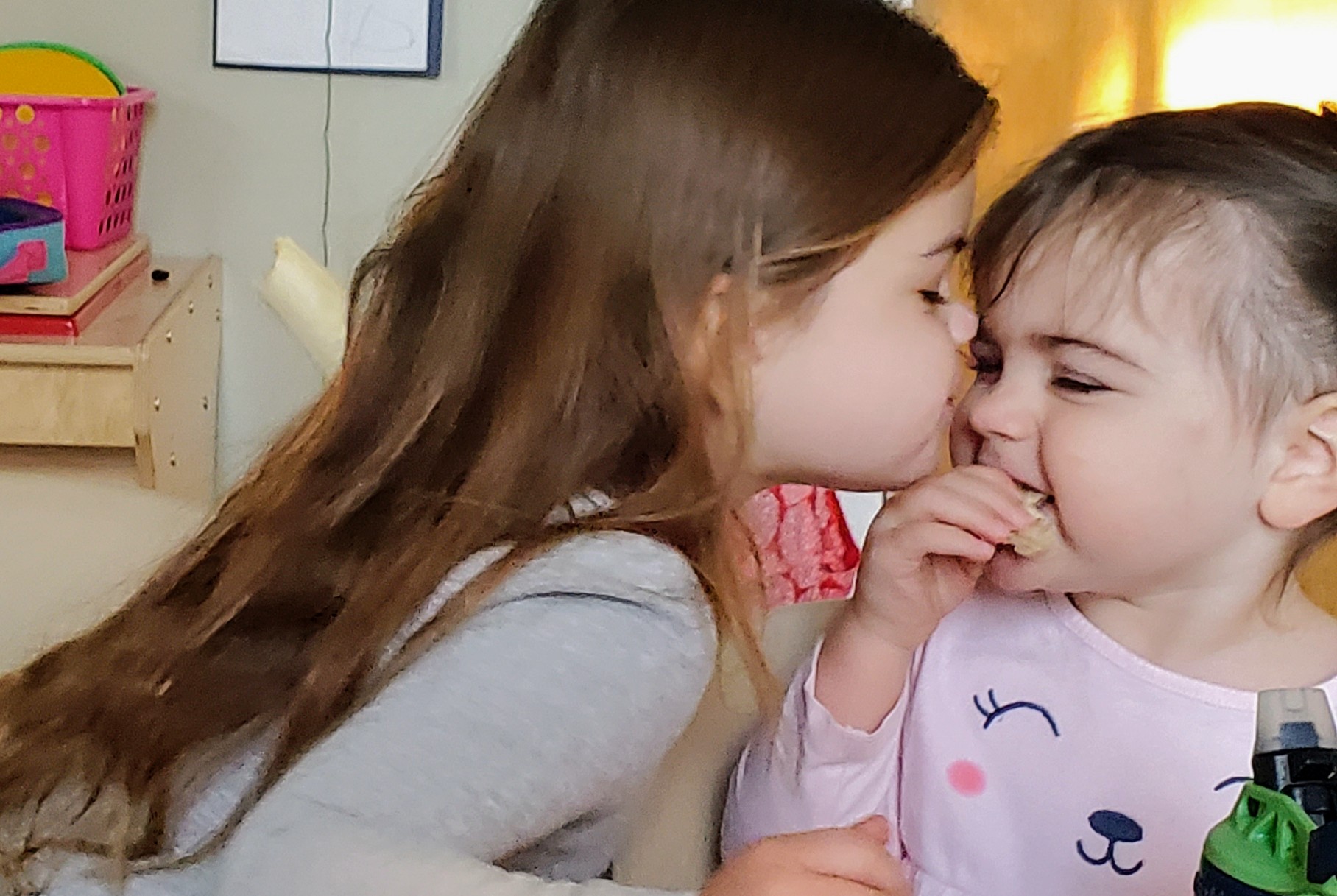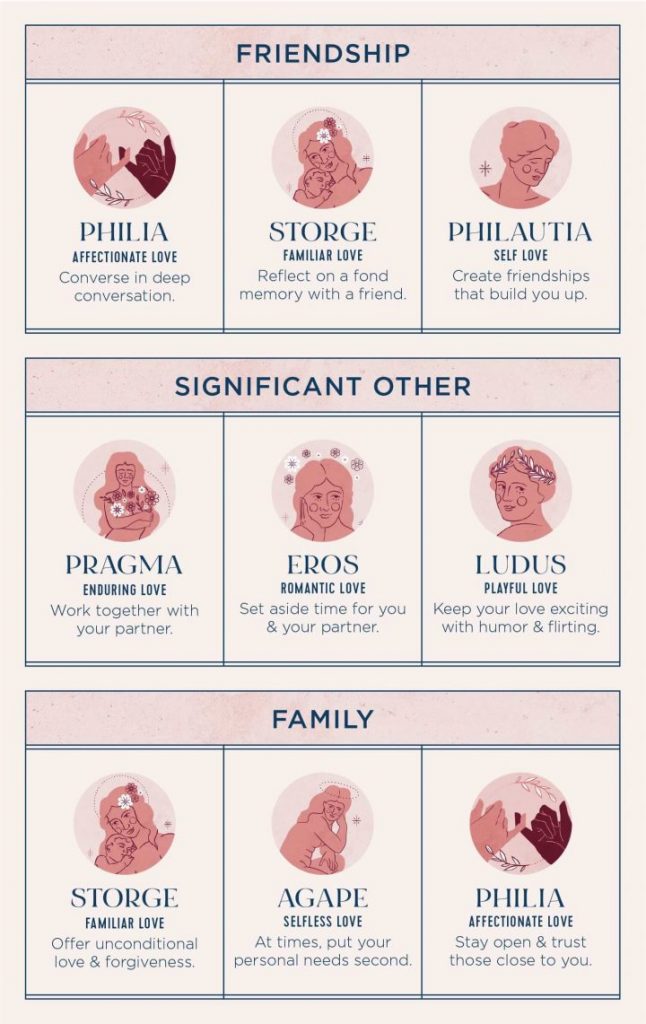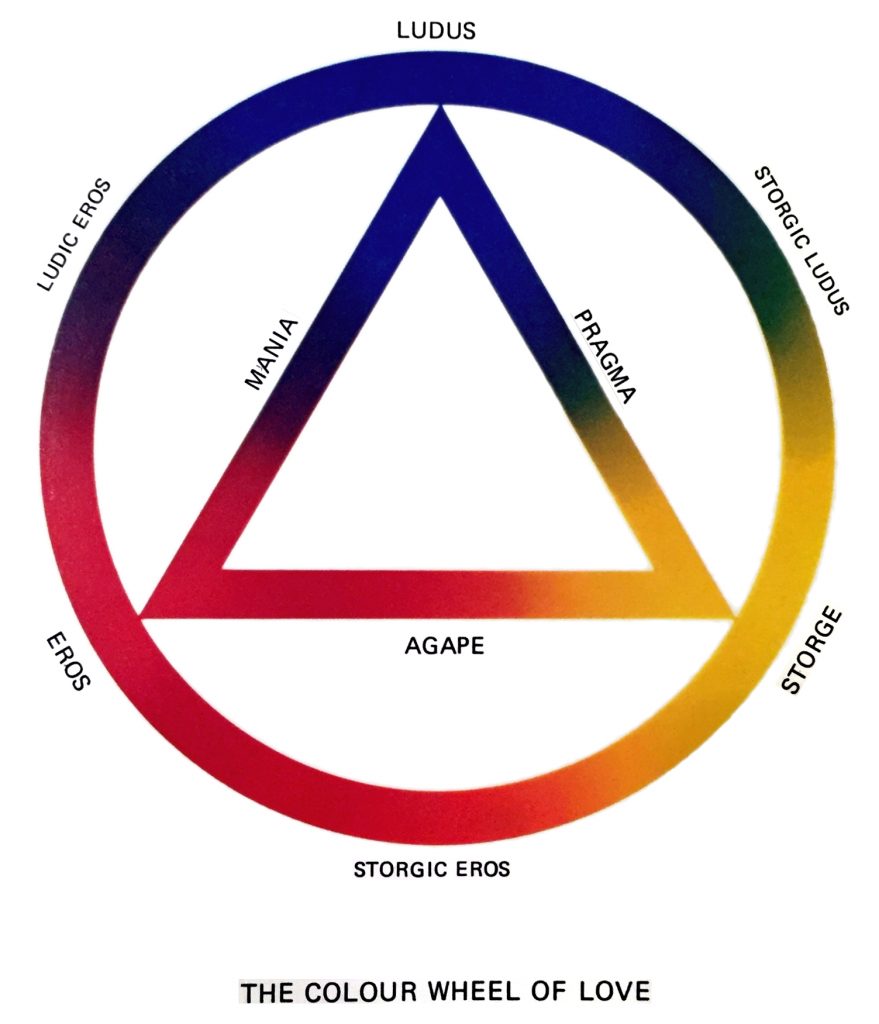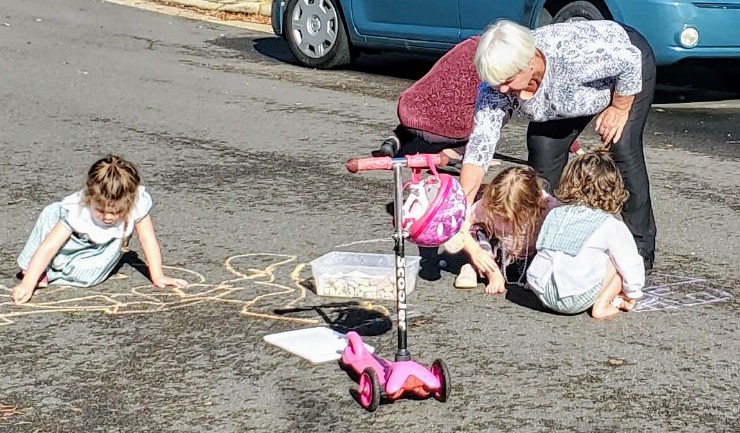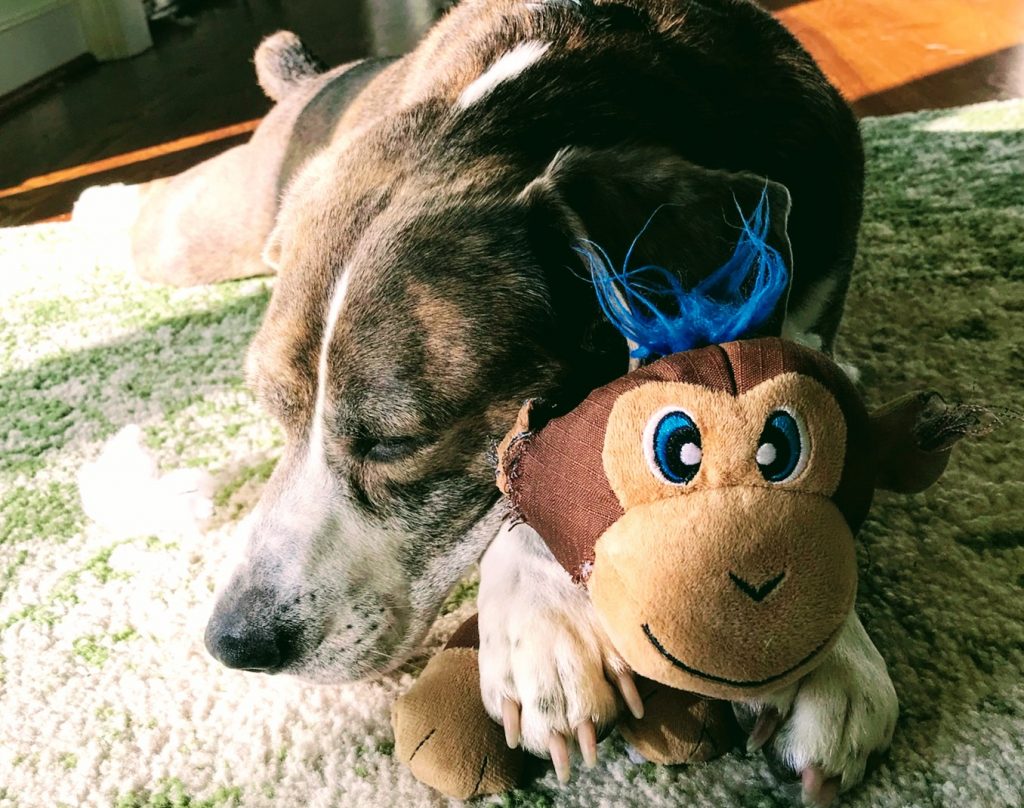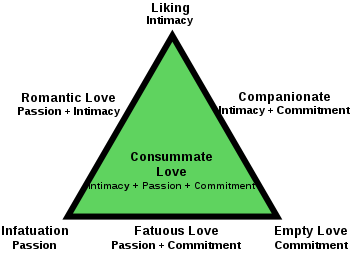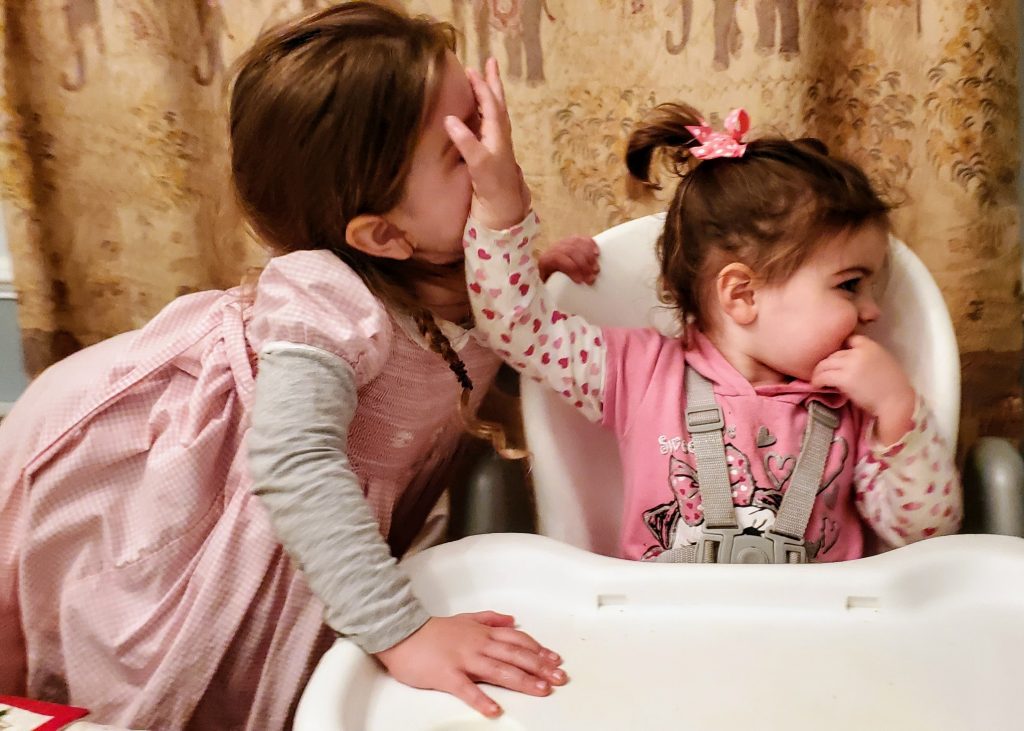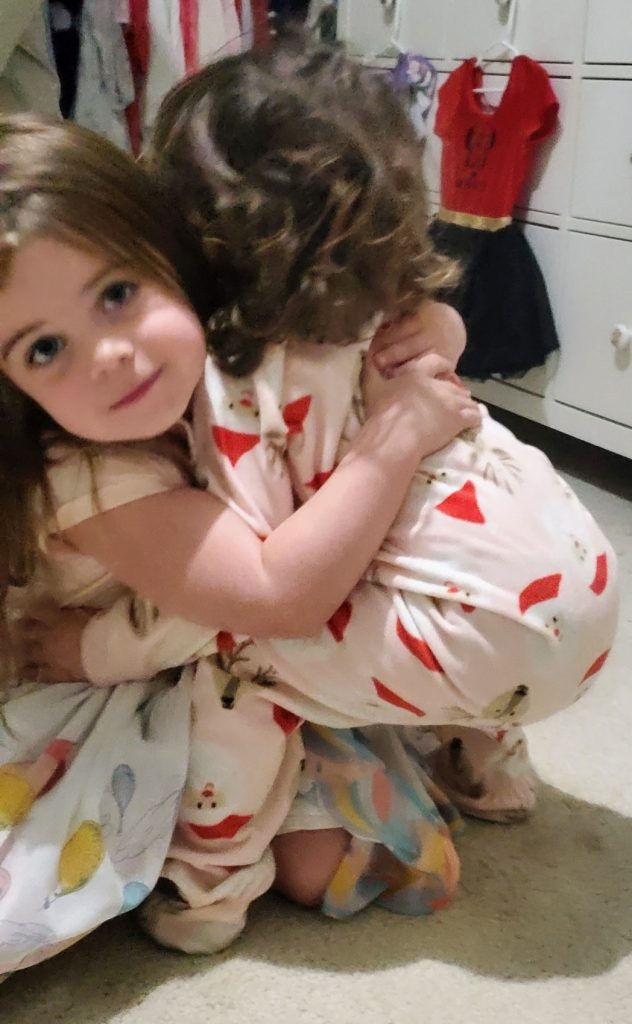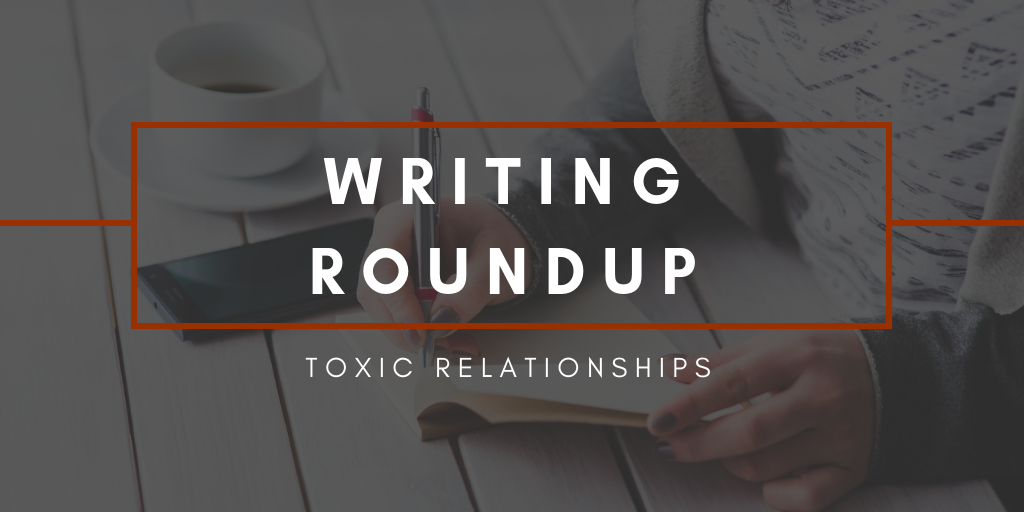Not the air you breathe, not the water you drink, not asbestos in your house or lead based paint. I’m talking about toxic people in your life! As part of Mental Health Awareness Month, let’s talk a bit about how to recognize the toxic people in your life and what to do about them.
Toxic People
A toxic person is anyone whose behavior adds negativity and upset to your life. Lillian Glass first used the term in her 1995 book Toxic People: 10 Ways of Dealing With People Who Make You Miserable.
I’m not the first to recognize the threat toxic people pose to one’s well-being. Clinical psychologists and other counselors frequently see people struggling with toxic people in their lives. And there are a ton of self-help books out there.
In 2018 Oxford Dictionaries named “toxic” as its Word of the Year, citing a 45% increase in look-ups of the word and an expansion in the scope of its application.
Toxic people are more common than you may think.
Researchers suggest that toxic people represent possibly 5-10% of the population and maybe cause 95% of the damage to humans. Toxic friendships are all too common: 84% of women and 75% of men report having a toxic friend at some point.
A 2015 study suggests that, though men and women may display toxic personality traits differently, toxic personality shows up equally across the entire population.
Identifying Toxic People
Your own gut reaction to toxic people will likely warn you to limit interactions with them. From WebMD, here are some warning signs that you’re dealing with a toxic person:
- You feel like you’re being manipulated into something you don’t want to do.
- You’re constantly confused by the person’s behavior.
- You feel like you deserve an apology that never comes.
- You always have to defend yourself to this person.
- You never feel fully comfortable around them.
- You continually feel bad about yourself in their presence.
- You consistently dread spending time in this person’s company.
Just like there are signs you’re around a toxic person because of how the person makes you feel, there are signs you might see in toxic people themselves that highlight their toxicity.
The most common signs include:
- Toxic people are often controlling, wanting his/her way in matters large and small. They often say, “You should….”
- They are unwilling to compromise, even on seemingly minor issues.
- Toxic people are typically highly critical.
- Their mood toward you seems to run hot and cold, i.e., they are inconsistent.
- Their “wounded ego” constantly needs bolstering.
- Toxic people are often narcissistic, focusing mostly on themselves.
- They tend to exaggerate.
- They are preoccupied with projecting an idealized image, whether that’s of a perfect family, a benevolent philanthropist, or simple physical attractiveness.
- They have a negative attitude about other people and about life in general.
- They often abuse alcohol or other substances.
- They don’t respect the boundaries of others, sometimes physically, more often psychologically; i.e., making plans on others’ behalf, not keeping secrets, bringing up hurtful topics.
- They expect others to “know” or guess what they need without actually asking for it (and then take offense when those needs are not met).
- They’ll use non-toxic words but in a toxic tone of voice.
- They will never admit to their own wrong-doing.
- Through all their stories, they are always the victim.
- They’re judgmental and not afraid to share.
So How Do These People Get into Your Life?
- Friend by History:
- This is a person whom you have known forever.
- Maybe you went to elementary school together, or you were neighbors growing up.
- Now you feel guilty ending the relationship.
- This is a person whom you have known forever.
- Friend by Proximity:
- This is a person who comes as a package with someone else in your life.
- Maybe it’s your partner’s best friend, or your friend’s brother who always tags along, or your best friend’s childhood friend.
- You feel guilty because you don’t want to put “your” person in an awkward situation.
- This is a person who comes as a package with someone else in your life.
- Friend by Context:
- This is a person who you see all the time in a specific area of your life
- Someone you work with everyday, maybe someone on your flag football team or someone who lives across the hall, perhaps someone in your bridge group.
- You feel guilty brushing them off because you see them all the dang time.
- This is a person who you see all the time in a specific area of your life
How Toxic People Negatively Impact You?
The negative effect toxic people can have on those around them goes both deep and far. And it’s not just personal: a toxic employee or manager can negatively impact their entire business.
- As Babita Spinelli, L.P., J.D. explains, toxic people will find ways to blame you for everything, control you, suffocate you, and invalidate you, which can lead you to abandon yourself.
- When a toxic person has a hold on you, you’ll find yourself accommodating them, making poor choices, and getting caught in drama. This all leads to an overall diminishing of self-esteem and self-worth, and even anxiety and depression, says Spinelli.
- A more insidious effect of toxic people is that they’re energy vampires, meaning they seem to drain the very life out of people around them just with their presence. “They cause you a lot of distress that you may even justify because you can’t understand why it’s affecting you so badly,” Perpetua Neo, DClinPsy notes, adding that toxic people will often make you question your reality.
- Children with toxic parents can develop a variety of mental traumas as they grow up, including depression, anxiety, eating disorders, hypochondria, and Post Traumatic Stress Disorders.
- Children surrounded by toxic adults may grow up to be toxic adults themselves.
- Teachers with toxic personalities can harm students’ academic performance, interest in school, and self-esteem.
- Toxic employees can cost a company revenue and hurt an organization’s reputation both with customers and within an industry.
- Toxic bosses decrease employee productivity, increase employee absenteeism and turnover, and have an overall negative impact on the entire organization where they work.
Are You a Toxic Person?
Could you be a toxic person? Take this quick test from Truity:
It is simply a fact that I am smarter than the average person.
| Inaccurate | Accurate | |||
|---|---|---|---|---|
| 1 | 2 | 3 | 4 | 5 |
People who want to get close to me need to understand that I have strong emotions and that I must be true to myself.
| Inaccurate | | | | Accurate |
|---|---|---|---|---|
| 1 | 2 | 3 | 4 | 5 |
Most people spend too much time and energy trying to achieve goals that don’t really matter.
| Inaccurate | | | | Accurate |
|---|---|---|---|---|
| 1 | 2 | 3 | 4 | 5 |
Everyone lies—I’m just better at it than most.
| Inaccurate | | | | Accurate |
|---|---|---|---|---|
| 1 | 2 | 3 | 4 | 5 |
The best way to avoid being disappointed is to expect the worst.
| Inaccurate | | | | Accurate |
|---|---|---|---|---|
| 1 | 2 | 3 | 4 | 5 |
I often have to push people to do things in a way that meets my high standards.
| Inaccurate | | | | Accurate |
|---|---|---|---|---|
| 1 | 2 | 3 | 4 | 5 |
I do not like to be treated like one of the crowd.
| Inaccurate | | | | Accurate |
|---|---|---|---|---|
| 1 | 2 | 3 | 4 | 5 |
If any of this sounds like you, don’t despair! Most people do not have a permanent, entrenched personality disorder; they may be simply going through particularly toxic phases. The first step to fixing a problem is generally admitting that the problem exists. Deliberate efforts on your part to shift your perspective and your responses to those around you can help you break toxic patterns of behavior.
As Hannah Baer writes, “Research demonstrates that believing others have fixed traits which don’t change (including, say, “toxic” personality pathology) yields defensiveness, failure to listen, and failure to set boundaries (because what good can it do if they can’t change?).”
On the other hand, you might recognize someone you know in this quiz. Many times, people who are toxic are dealing with their own stresses and traumas. To do this, they act in ways that don’t present them in the best light and usually upset others along the way. Or maybe it’s just the alcohol! But you are not the therapist for such family members, friends, coworkers, neighbors… Attend to your own well-being first.
How to Deal with Toxic People
Paracelsus, a 16th century Swiss physician and philosopher, famously said, “Dosis sola facit venenum (Only the dose makes the poison).” Though his claim that poisons can cause harm only if ingested in a high enough concentration may not be entirely true for toxic chemicals, it is a good guiding principle when dealing with toxic people.
There is a chance that the person is not genuinely toxic and is just reacting to particularly high levels of stress in their own life. In this case, you might be able to bring their toxic behavior to light, leading them to change on their own.
- Confront the person about the toxic behavior. This is best done in a calm, non-argumentative way. For example, “When you do/say X, I feel Y.”
- In the case of someone you’ve known for a while, ask yourself if their behavior has always been problematic or if it has become more toxic over time. If the person has become more toxic, you may be able to have a discussion about what has changed, when it changed, and whether it might change back.
- Discuss the negative behavior you’ve noticed, including specifics.
- Often, a person displays toxic behavior in response to power imbalances in a relationship, such as a work supervisor or a parent. In such cases, addressing the unequal power in the relationship might remove the trigger for toxic behavior.
If you realize that you are unlikely to cause a genuinely toxic person to change their personality in any fundamental way, your best option may be to minimize your “dose” of exposure.
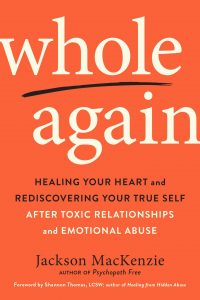
- Set and enforce clear boundaries.
- Spend as little time as possible with the person.
- Change the subject when they bring up problematic conversation topics.
- Limit conversation to relevant topics. For example, only talk to a toxic coworker about work-related topics. With a problematic bridge partner, only discuss future bridge games or strategies.
- Leave yourself options for escaping bad encounters if necessary.
- If your boundaries aren’t respected, follow through with concrete actions, including breaking off contact.
It may be best to break off all contact with a toxic person, preserving your own sanity and peace of mind.
- Stop all meet-ups, phone calls, messages, social media connections, etc.
- Avoid reminiscing about the “good times” or reliving painful memories.
- Don’t give in to the urge to look them up online or ask mutual acquaintances about them.
- Focus on personal healing and self-care.
- Maintain healthy and supportive relationships with others.
Bottom Line: Purge your life of toxic people. You know who they are!
